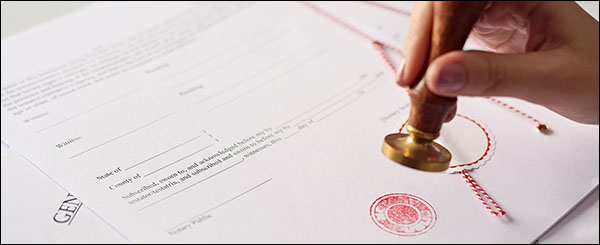It’s easier to search for patent documents than ever before, thanks to many outstanding software tools and free services like Google Patents. However, there is a downside to this ease of use. While the information is readily available, making sense of it requires training and experience. IP decisions based on faulty research can wind up costing millions.
The idea of certifying patent searchers was first officially discussed in 2002 at the EPIDOS meeting in the Netherlands. In 2009, a coalition of the Patent Documentation Group (PDG), the Confederacy of European Patent Information User Groups (CEPIUG), and the Patent Information User Group (PIUG) based in the US was formed. The certification process will be a global one, managed by the Qualified Patent Inforamtion Professioanls (QPIP). Anyone around the world who meets the qualifications will be able to sit for the exam.

Goals of Certification
A statement on the QPIP website explains the objectives are to set professional standards, provide quality assurance, and recognize the profession. A similar vision posted to the PIUG wiki from a certification chair cites the aim to “assess core competencies and to uphold and maintain professional standards in order to serve in the best interest of its stakeholders.”
There are legitimate concerns that the profession is being diluted by individuals and groups that don’t have the proper experience and training. Many experienced patent searchers believe that patent attorney clients don’t have the right knowledge to judge the quality of a search report. This in turn leads to the hiring of inferior talent and low quality work. A contributing factor, expressed on the QPIP website, points out that “in the ‘Google-age’ many people believe that everybody can search nowadays and that everything is available for free on the internet.”
New developments in search technology could intensify these issues. Semantic search capabilities that improve results by understanding the intent and context of search terms are already saving time and increasing precision. Likewise, artificial intelligence and machine learning are just beginning to help researchers sift through enormous amounts of information and focus on the best results. These technologies work best when used by experienced researchers, but could provide false confidence to the untrained.
Concerns About Certification
While launching a certification program sounds like a worthy endeavor, members of the groups involved have varying opinions on how effective the effort will be. A common theme among the critics is that the certification won’t be valuable unless companies, other industry associations, and possibly even patent offices have buy-in to such a program.
Other concerns include what materials should be covered on the exam, preventing cheating, what software tools participants can use, and the considerable efforts involved in maintaining a certification program. A lot of work will be required to set up training programs, manage applications, administer and score the tests, and communicate with applicants.
What’s Next
The International Standards Board for Qualified Patent Information Professionals (ISBQPIP) was established in August of 2018. The group has sent out notifications to members who may qualify for certification without examination, and the first exams are expected to take place in 2020.For More Information, visit the QPIP website or the PIUG wiki.